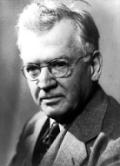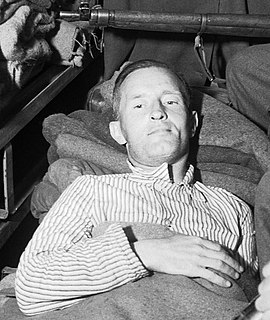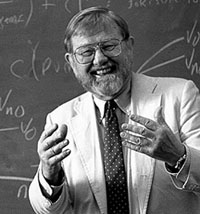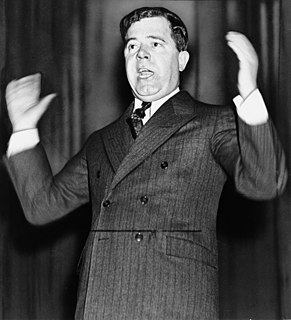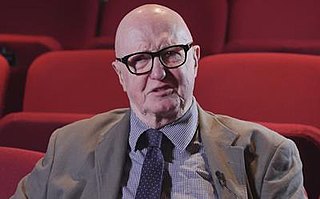A Quote by Murray Rothbard
Where did Keynes stand on overt fascism? From the scattered information now available, it should come as no surprise that Keynes was an enthusiastic advocate of the 'enterprising spirit' of Sir Oswald Mosley, the founder and leader of British fascism, in calling for a comprehensive 'national economic plan' in late 1930.
Related Quotes
The British Union of Fascists, Oswald Mosley`s group, the black shirts, they were banned in Britain in 1940. And Max Mosley`s dad, Sir Oswald Mosley, ended up spending three years in World War II, 1940 to 1943, interned in the U.K. as basically an enemy of the state. He spent that time in prison, as did Max Mosley`s mother.
Fascism entirely agrees with Mr. Maynard Keynes, despite the latter's prominent position as a Liberal. In fact, Mr. Keynes' excellent little book, The End of Laissez-Faire (1926) might, so far as it goes, serve as a useful introduction to fascist economics. There is scarcely anything to object to in it and there is much to applaud.
Sir Oswald Mosley thought his job is not just keep Britain from going to war with his beloved Germany, he saw it as his job to organize a complementary fascist movement inside the U.K. So, he formed this organization as the British Union of Fascists in `32. In 1936, they changed their name to the British Union of Fascists and National Socialists
Wicksell's old-fashioned liberalism is reminiscent of John Maynard Keynes' attitude toward conscription during World War I. Keynes opposed conscription, but he was not a pacifist. He opposed conscription because it deprived the citizen of the right to decide for himself whether or not to join in the fight. Keynes was exempt as a civil servant from conscription; so there is no need to question his sincerity. Apparently his belief in the rights of the individual against a majority of his compatriots was very strong indeed.
Famously in 1936, Oswald Mosley led a march of his British black shirts through a mostly Jewish neighborhood, in the east end of London. What resulted was what they called the "Battle of Cable Street", where Oswald Mosley and his fascists basically got the snot beaten out of them when East London rose up against them and beat them up.
For centuries, economic thinkers, from Adam Smith to John Maynard Keynes, have tried to identify the elusive formula that makes some countries more prosperous and successful than others. My curiosity about this topic spurred me, as a young professor of economics in the late 1970s, to research new ways of measuring national competitiveness.
Keynes was chief economic adviser to the British government and largely responsible for keeping the British economy afloat at a time when more than half of our gross national product, and all of our foreign exchange, was being spent on the war. I was lucky to be present at one of his rare appearances in Cambridge, when he gave a lecture with the title "Newton, the Man." Four years later he died of heart failure, precipitated by overwork and the hardships of crossing the Atlantic repeatedly in slow propeller-driven airplanes under wartime conditions.
Man and fascism cannot co-exist. If fascism conquers, man will cease to exist and there will remain only man-like creatures that have undergone an internal transformation. But if man, man who is endowed with reason and kindness, should conquer, then Fascism must perish, and those who have submitted to it will once again become people.
In the late 1930s, both the British and American movie industries made a succession of films celebrating the decency of the British Empire in order to challenge the threatening tide of Nazism and fascism and also to provide employment for actors from Los Angeles's British colony. The best two were Hollywood's Gunga Din and Britain's The Four Feathers...



